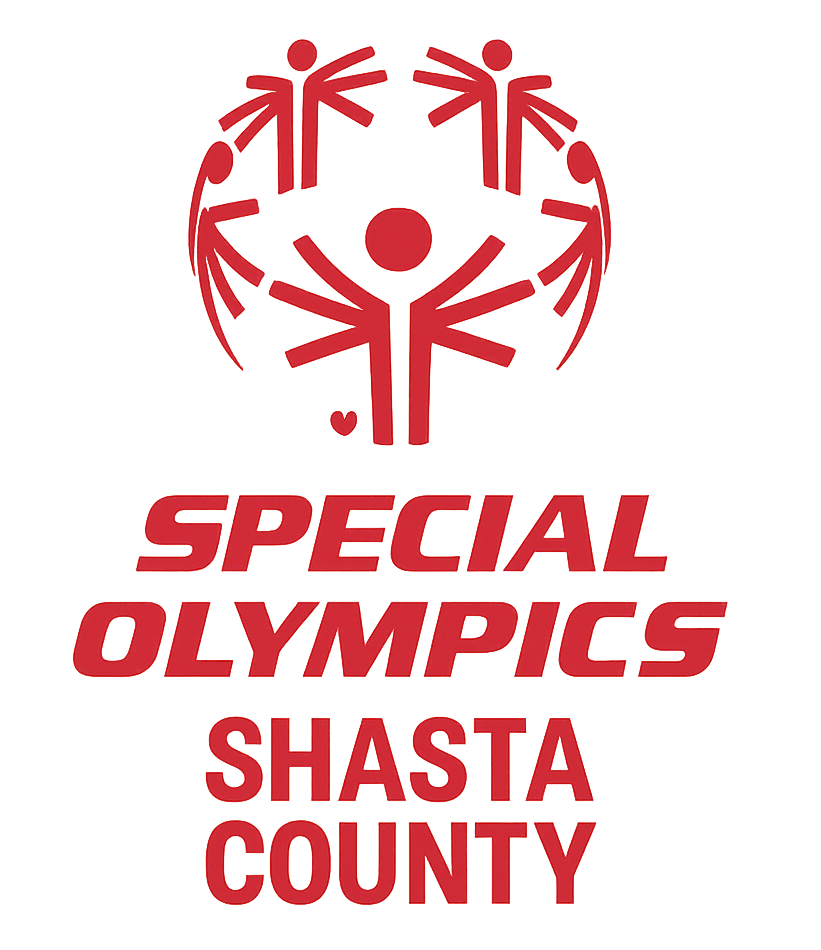
-

Why Flag Football
Flag football is one of the most popular and inclusive sports offered in the Special Olympics for kids. It provides an opportunity for athletes of all abilities to develop teamwork, coordination, and confidence in a fun, supportive environment. Unlike tackle football, flag football emphasizes safety and skill over physical contact, allowing athletes to focus on passing, catching, and running plays without the risk of injury. The game teaches essential motor skills and promotes physical fitness while also helping participants learn the importance of communication and cooperation on the field.
-

Join Our Team
In the Special Olympics, flag football is structured to ensure that every athlete can succeed. Coaches and volunteers adapt drills and plays to match each player’s ability level, ensuring that everyone has an active role in the game. The focus is not solely on competition but also on inclusion, sportsmanship, and personal growth. Athletes learn to set goals, celebrate achievements, and support their teammates, which fosters a sense of belonging and pride. Unified flag football, which pairs athletes with and without intellectual disabilities on the same team, also encourages understanding, friendship, and acceptance among all participants.
-

Team Atmosphere
Beyond the physical and social benefits, flag football helps Special Olympics athletes build confidence that carries over into other areas of their lives. Many participants develop stronger self-esteem, better emotional regulation, and improved social skills through teamwork and consistent practice. Families, friends, and community members often come together to cheer for the athletes, creating a positive and inspiring atmosphere at every game. Through flag football, the Special Olympics continues its mission of promoting inclusion, empowerment, and joy through sport—proving that everyone, regardless of ability, deserves the chance to play, compete, and shine.

